Showing 1–12 of 44 results
-
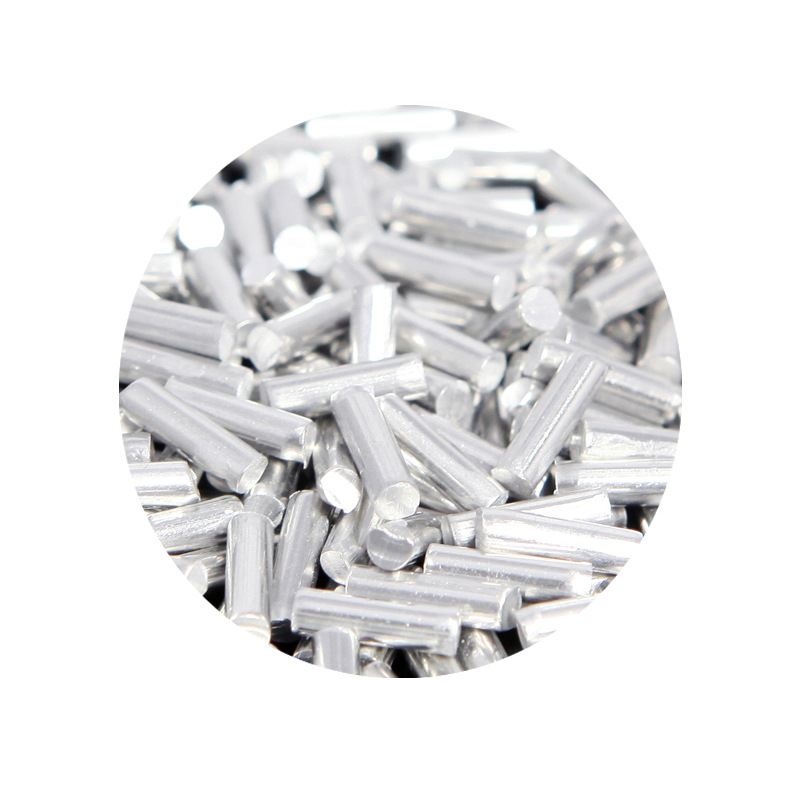
- High Electrical Conductivity: Offers excellent conductivity, making it ideal for electronic applications.
- Enhanced Strength: The copper content enhances the mechanical strength compared to pure silver.
- Corrosion Resistance: Provides good resistance to oxidation, extending the lifespan of components.
-
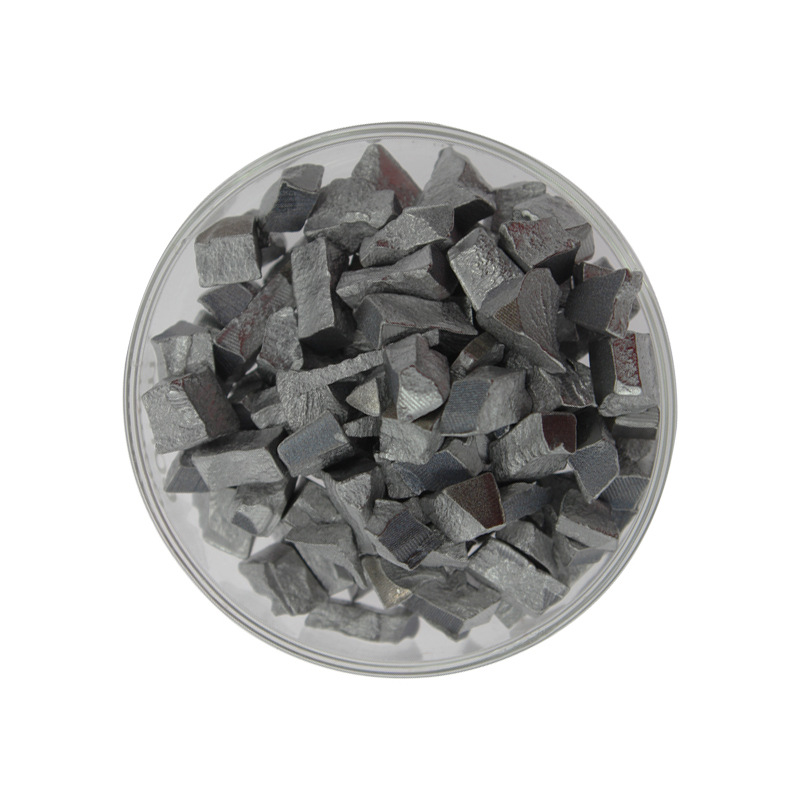
- Enhanced Conductivity: The copper content improves the overall electrical conductivity compared to pure aluminum.
- Reduced Electromigration: AlCu reduces the risk of electromigration, enhancing the reliability of electronic components.
- Good Thermal Conductivity: Excellent heat dissipation properties due to the copper content.
- Versatile Deposition: Suitable for various deposition techniques, including thermal evaporation and sputtering.
-
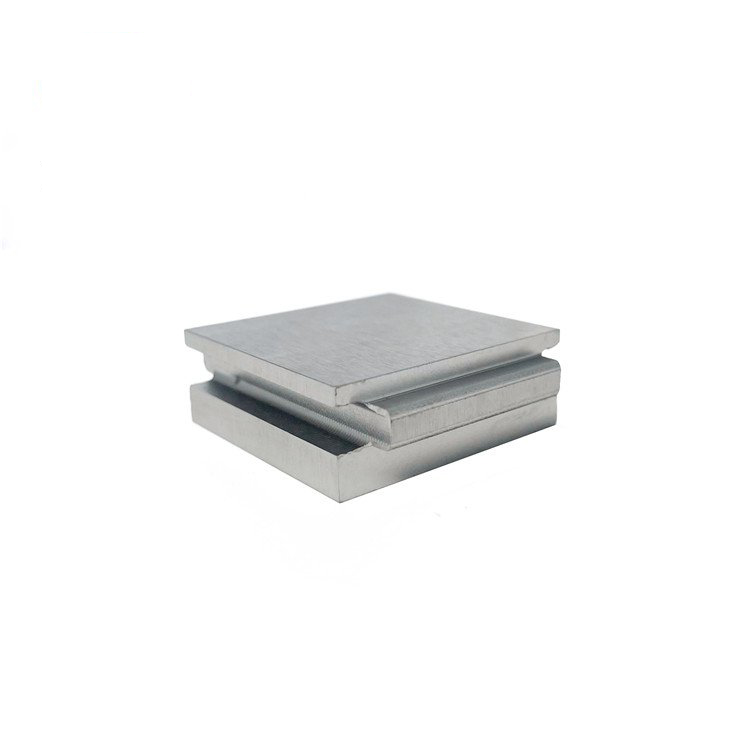
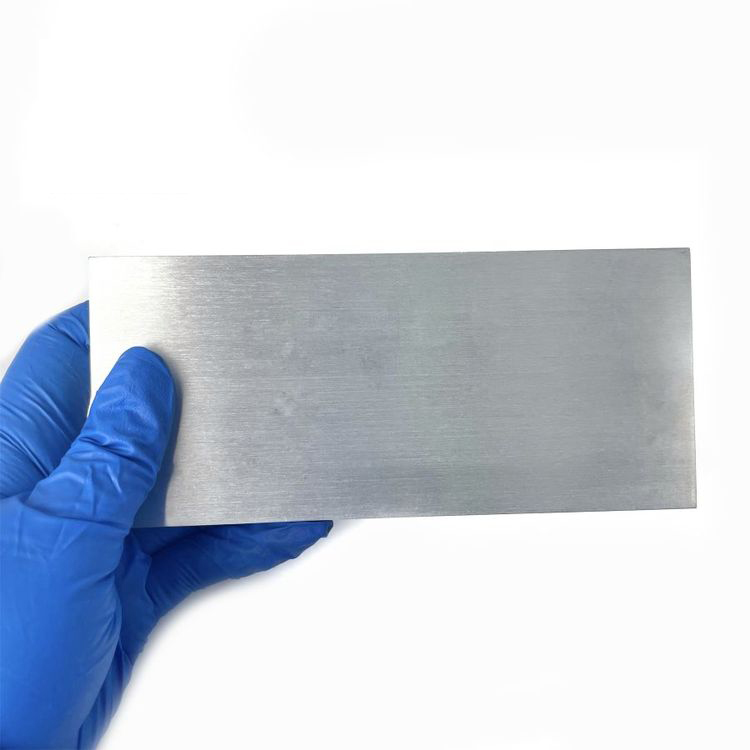
- Good Electrical Conductivity: The combination of aluminum and copper offers excellent electrical conductivity, making it ideal for use in electronic and photovoltaic applications.
- Thermal Stability: AlCu films have excellent thermal stability, which is essential for applications in environments with varying temperatures, such as in electronics or solar cells.
- Corrosion Resistance: The alloy exhibits good resistance to corrosion, enhancing the durability and longevity of thin films.
- Low Resistance: The low resistivity of AlCu makes it ideal for interconnects and conductive layers in semiconductor and photovoltaic devices.
- High Deposition Rate: AlCu sputtering targets offer a high deposition rate, ensuring efficient production of high-quality thin films.
-
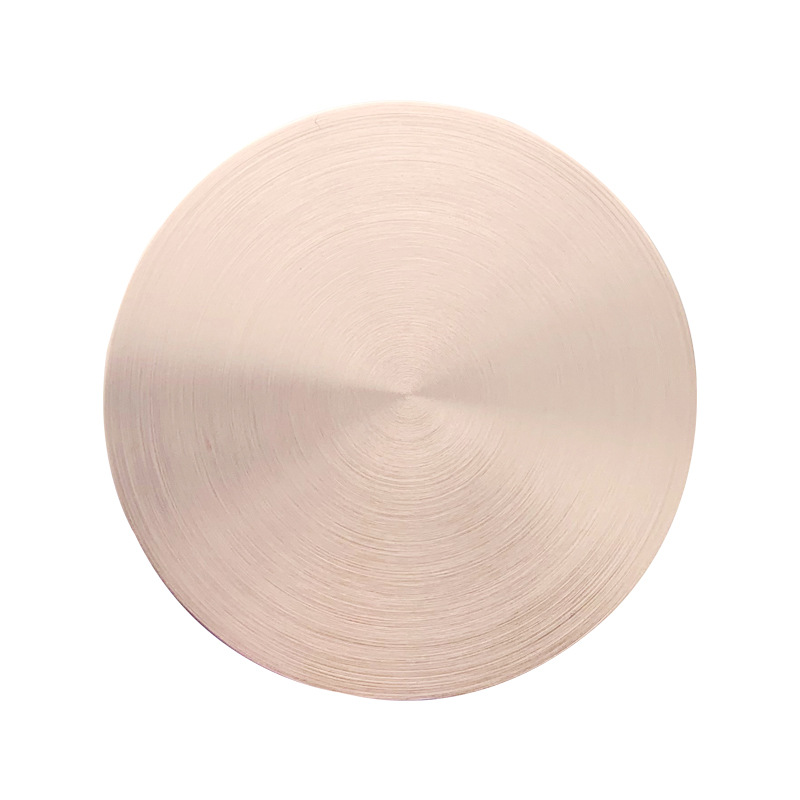
- Electrical Conductivity: The presence of aluminum and copper in the alloy enhances the electrical conductivity of the deposited thin films, making it ideal for semiconductor and electronic applications.
- Thermal Stability: AlSiCu alloy films exhibit excellent thermal performance, ensuring stability in high-temperature environments like semiconductor fabrication and automotive electronics.
- Mechanical Strength: Silicon contributes to the mechanical durability of the alloy, providing resistance to wear and cracking in thin films, which is essential in demanding applications.
- Corrosion Resistance: The alloy offers good resistance to corrosion, ensuring longevity in exposed environments, such as automotive electronics and solar cells.
- Customizable Size and Shape: AlSiCu sputtering targets can be produced in various forms, including discs, plates, and custom shapes, to suit different PVD systems and specific requirements.
-
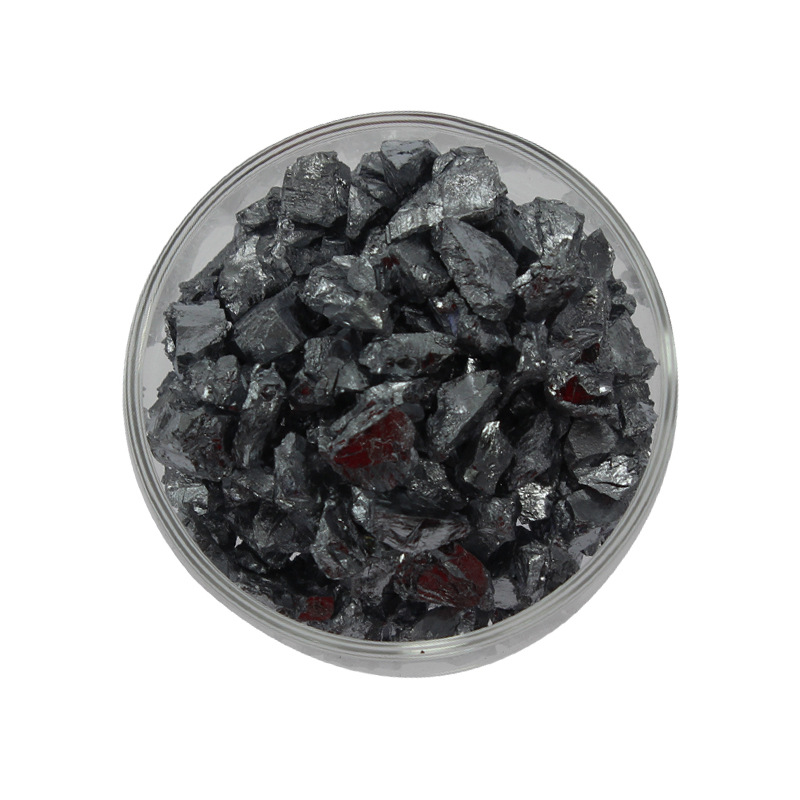
- Improved Strength: Copper enhances the overall tensile strength and thermal stability.
- Excellent Conductivity: High electrical conductivity makes it suitable for electrical applications.
- Corrosion Resistance: Maintains performance under oxidative conditions.
-
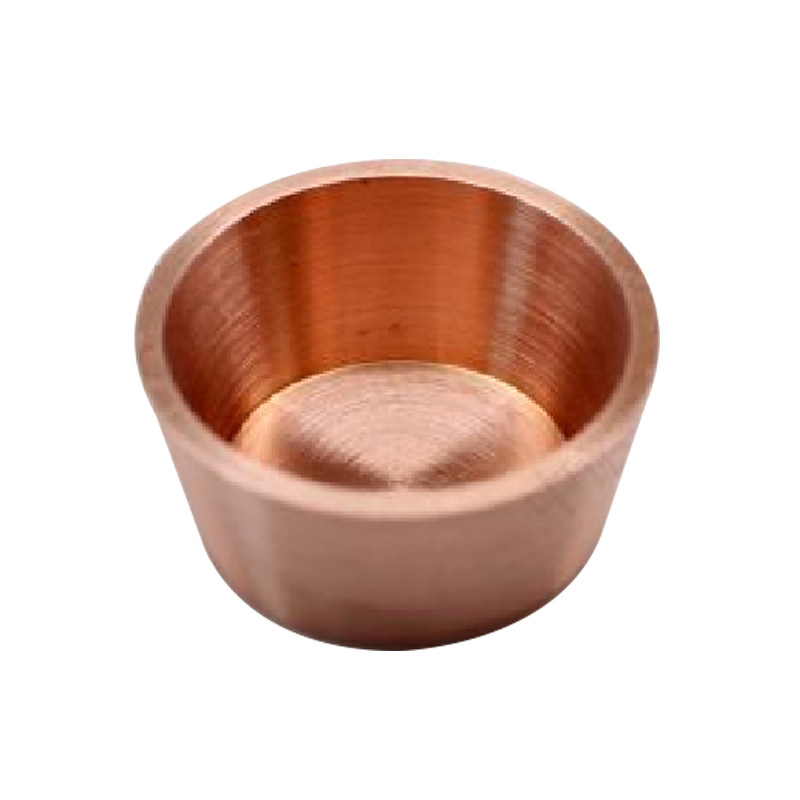
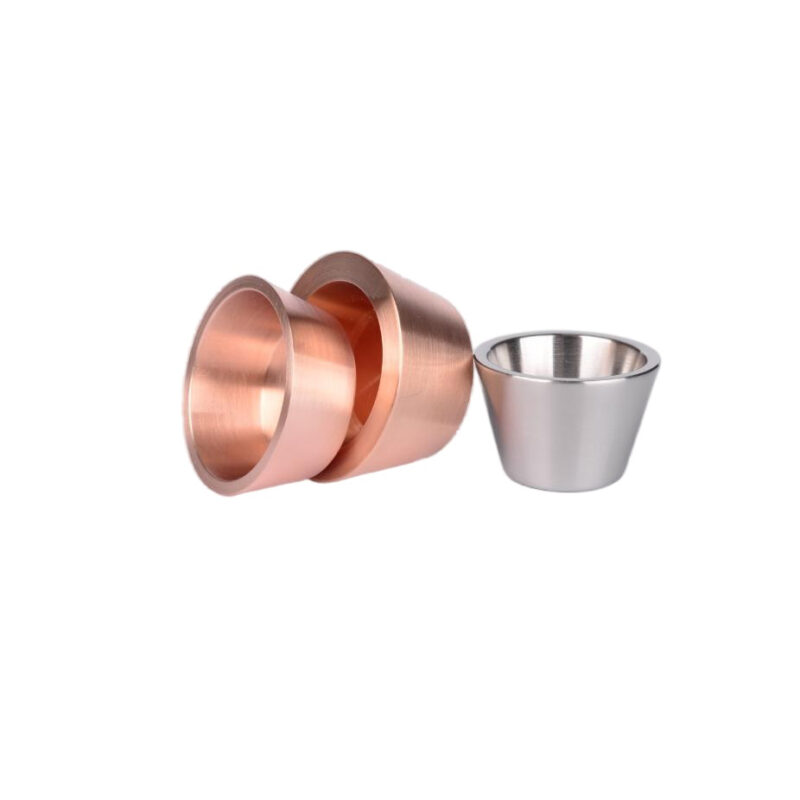
- Excellent thermal conductivity for rapid and even heating
- Suitable for metals with lower melting points and temperature-sensitive processes
- Versatile shapes and customizable sizes available for diverse applications
- High electrical conductivity for electrochemical processes
-
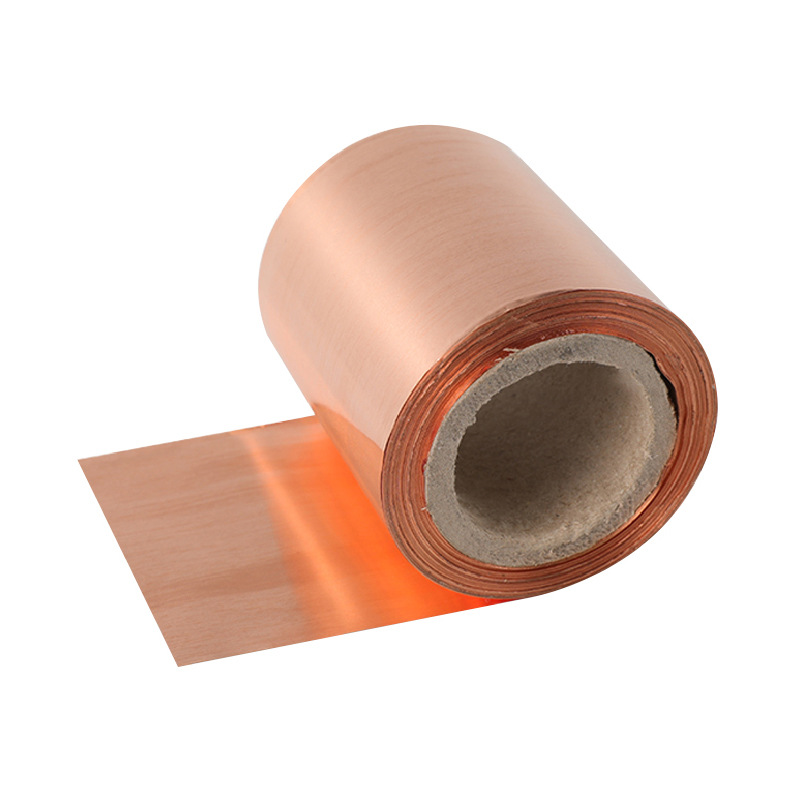
- High Electrical Conductivity: Copper foil is known for its excellent electrical conductivity, making it ideal for use in electrical and electronic applications. It allows the efficient flow of electrical current with minimal resistance, which is crucial in devices like circuit boards, power systems, and transformers.
- Thermal Conductivity: Copper is one of the best materials for heat conduction. Copper foil efficiently dissipates heat, making it essential in applications such as heat sinks, thermal management, and cooling systems.
- Corrosion Resistance: Copper foil naturally forms a protective oxide layer on its surface, which helps resist corrosion, especially in environments exposed to moisture or chemicals. This makes copper foil durable and suitable for a range of industrial applications.
- Malleability and Ductility: Copper foil is highly malleable and can be easily formed into various shapes and sizes without cracking. This flexibility allows for diverse uses in manufacturing, especially for flexible printed circuits and various packaging applications.
- Lightweight: Copper foil is lightweight, making it easy to handle and transport. Despite its lightness, it maintains excellent mechanical strength and durability, making it an attractive option for many industries that require both strength and weight reduction.
- Recyclability: Copper is 100% recyclable without losing its properties. This makes copper foil an environmentally friendly choice, as it can be reused multiple times, reducing waste and supporting sustainable practices.
-
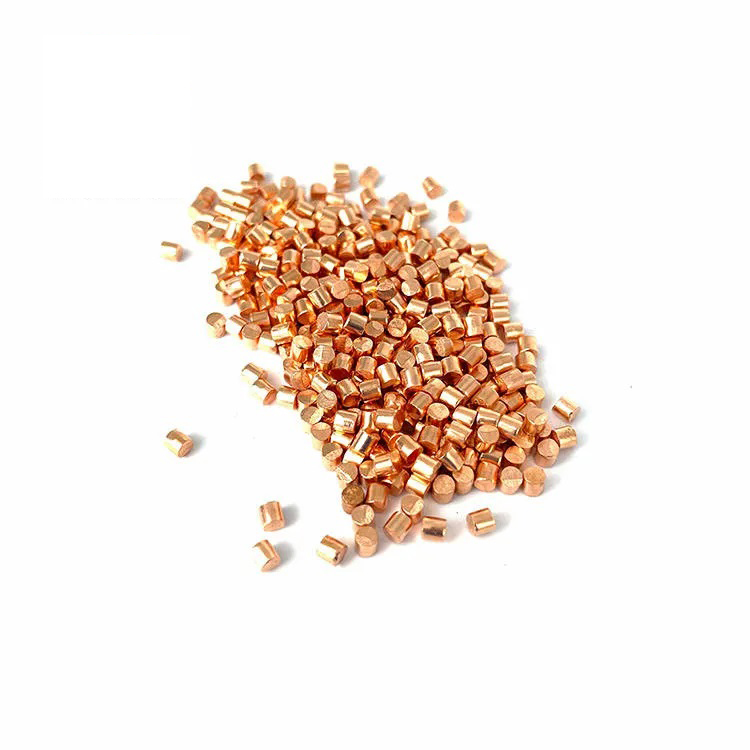
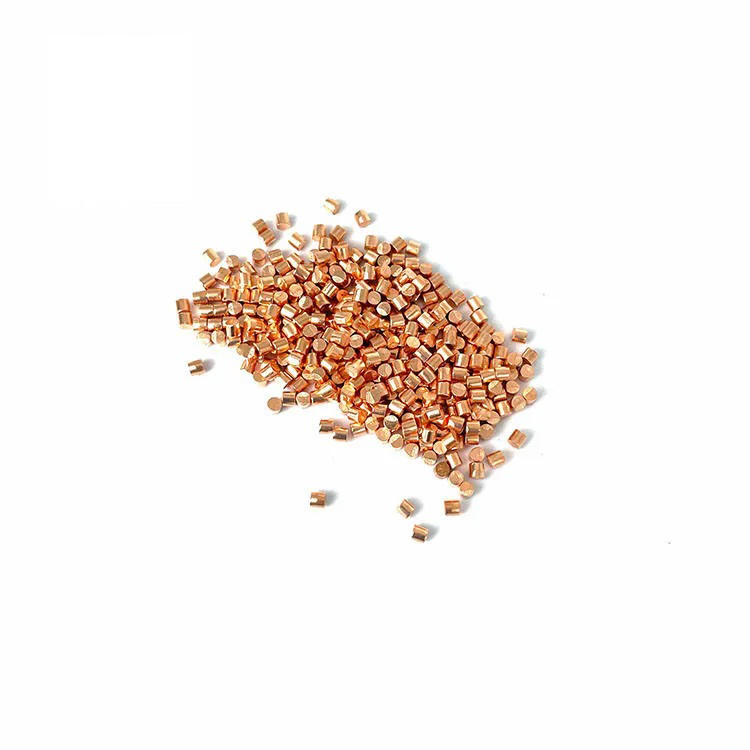
$10.00 – $240.00
- High Purity: Copper pellets for evaporation are available in purity levels of 99.99% (4N) and above, ensuring that the thin films produced are of the highest quality and free from impurities.
- Uniformity: The spherical shape of copper pellets promotes even melting and vaporization during the deposition process, resulting in uniform thin films.
- Compatibility: Copper is compatible with a range of substrates, including glass, metals, and semiconductors, making it versatile for various thin film applications.
- High Conductivity: Copper films exhibit excellent electrical and thermal conductivity, enhancing performance in electronic and thermal management applications.
-
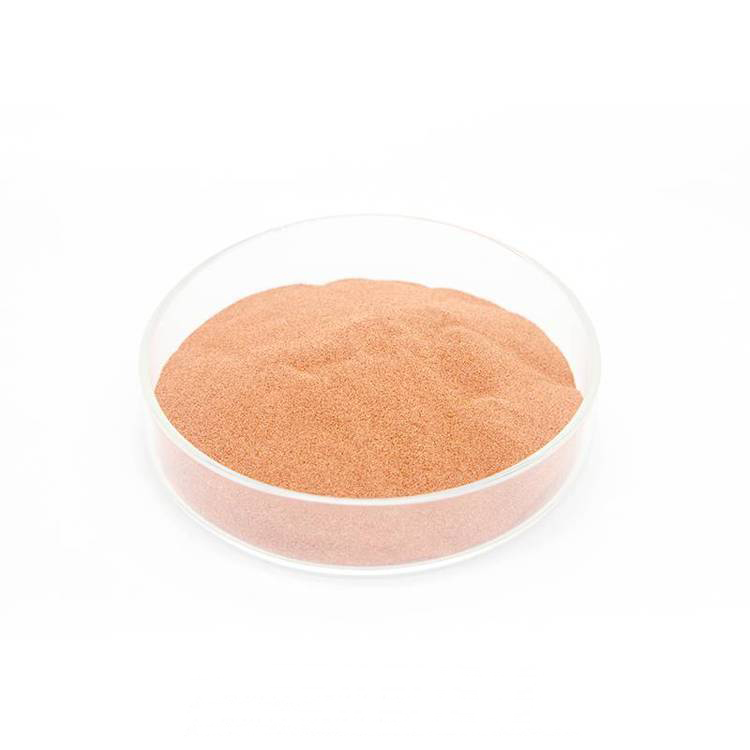
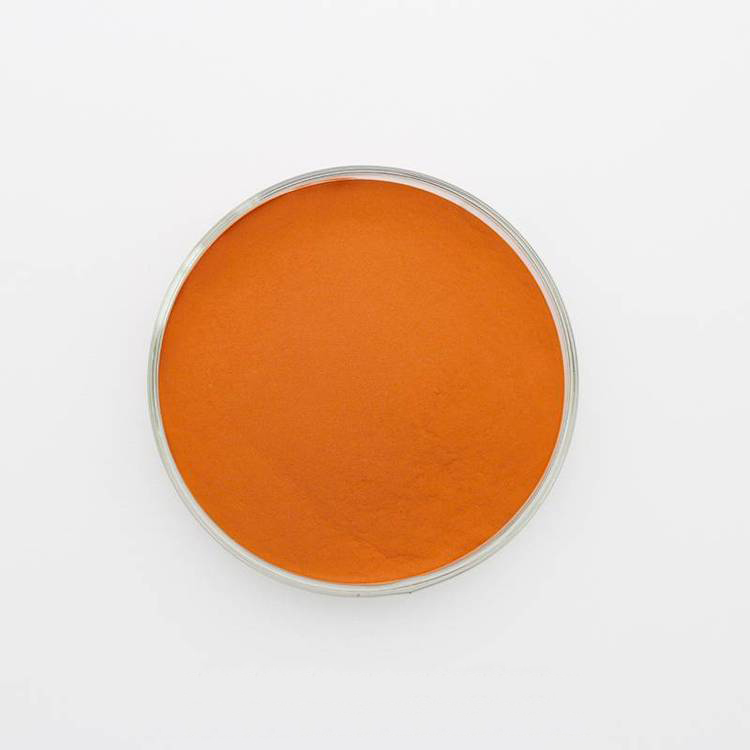
- High Electrical and Thermal Conductivity: Ideal for electronic and heat transfer applications.
- High Purity: Minimal impurities to ensure reliable performance.
- Customizable Particle Sizes: Available in nano, micro, and spherical forms for versatile uses.
- Corrosion Resistance: Resistant to oxidation and environmental factors.
- Superior Sintering Properties: Enhances bonding and structural strength in metallurgical applications.
-
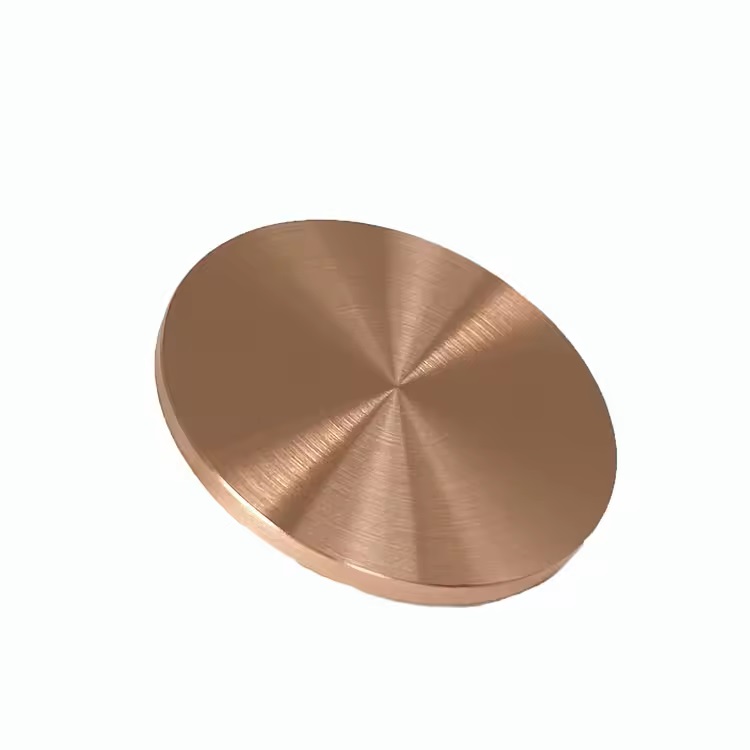
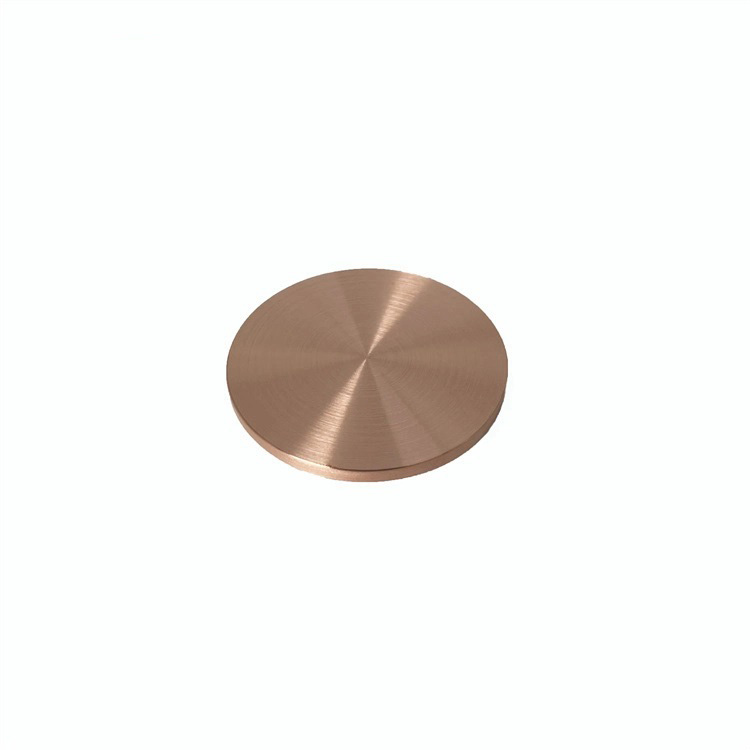
Copper (Cu) is highly valued for its excellent electrical conductivity, thermal conductivity, and corrosion resistance, making it a key material in a variety of industries, including electronics, semiconductors, and energy. Copper (Cu) sputtering targets are essential for industries that require highly conductive, thermally efficient, and corrosion-resistant coatings, making them indispensable in electronics, semiconductors, energy, and decorative applications.
-
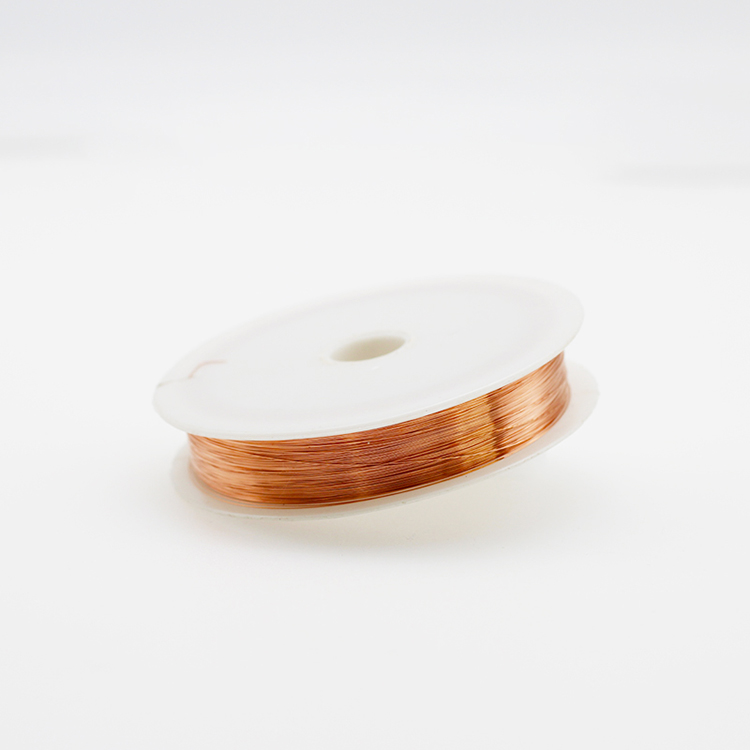
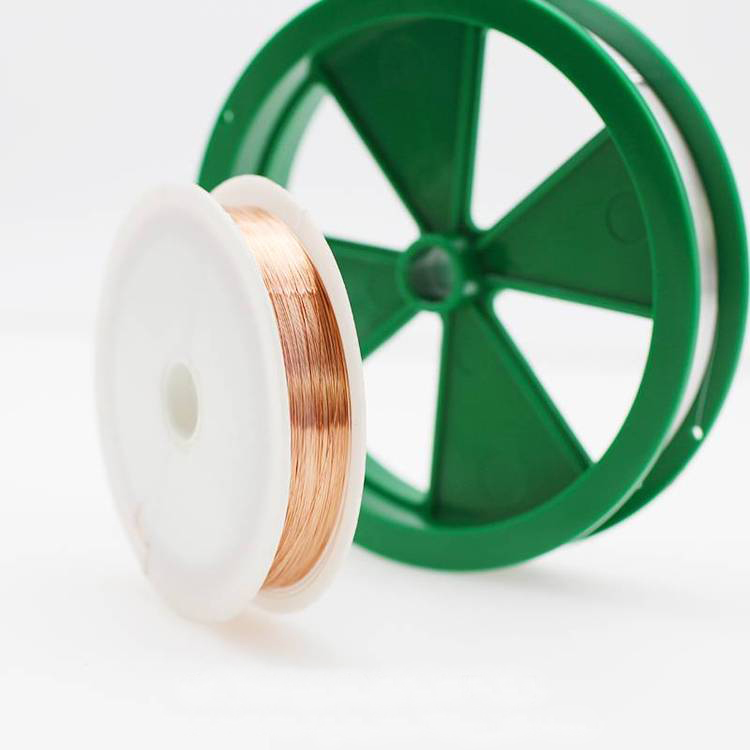
- High Electrical Conductivity: Copper wire is renowned for its excellent electrical conductivity, second only to silver. This makes it ideal for use in electrical wiring and applications that demand efficient energy transfer.
- Malleability and Ductility: Copper wire is highly malleable and ductile, which allows it to be drawn into thin wires without breaking. This makes it versatile and suitable for various applications, especially in intricate and delicate designs.
- Corrosion Resistance: Copper naturally forms a protective oxide layer when exposed to air, which helps resist corrosion and ensures long-lasting performance, especially in outdoor and marine environments.
- Thermal Conductivity: Copper has high thermal conductivity, making it ideal for heat dissipation applications in electronic devices and power transmission.
- Strength and Durability: Copper wire is durable and resilient to physical stress, making it a reliable material for long-term use in cables and machinery.
- Recyclability: Copper is 100% recyclable without losing its original properties, making it an environmentally friendly choice for sustainable manufacturing processes.
-
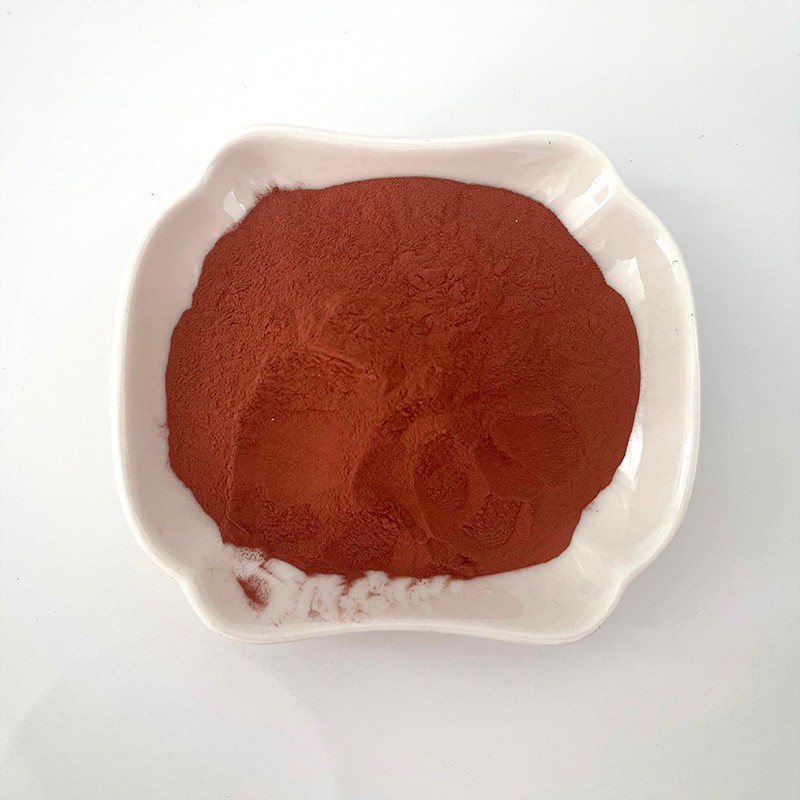
- High Purity: Superior-grade material ensuring reliable performance.
- Photocatalytic Efficiency: Excellent for light-driven chemical reactions.
- Thermal and Electrical Conductivity: Supports applications in energy and electronics.
- Environmentally Friendly: Non-toxic and sustainable material.
- Customizable Specifications: Tailored particle sizes and packaging to meet diverse needs.
















